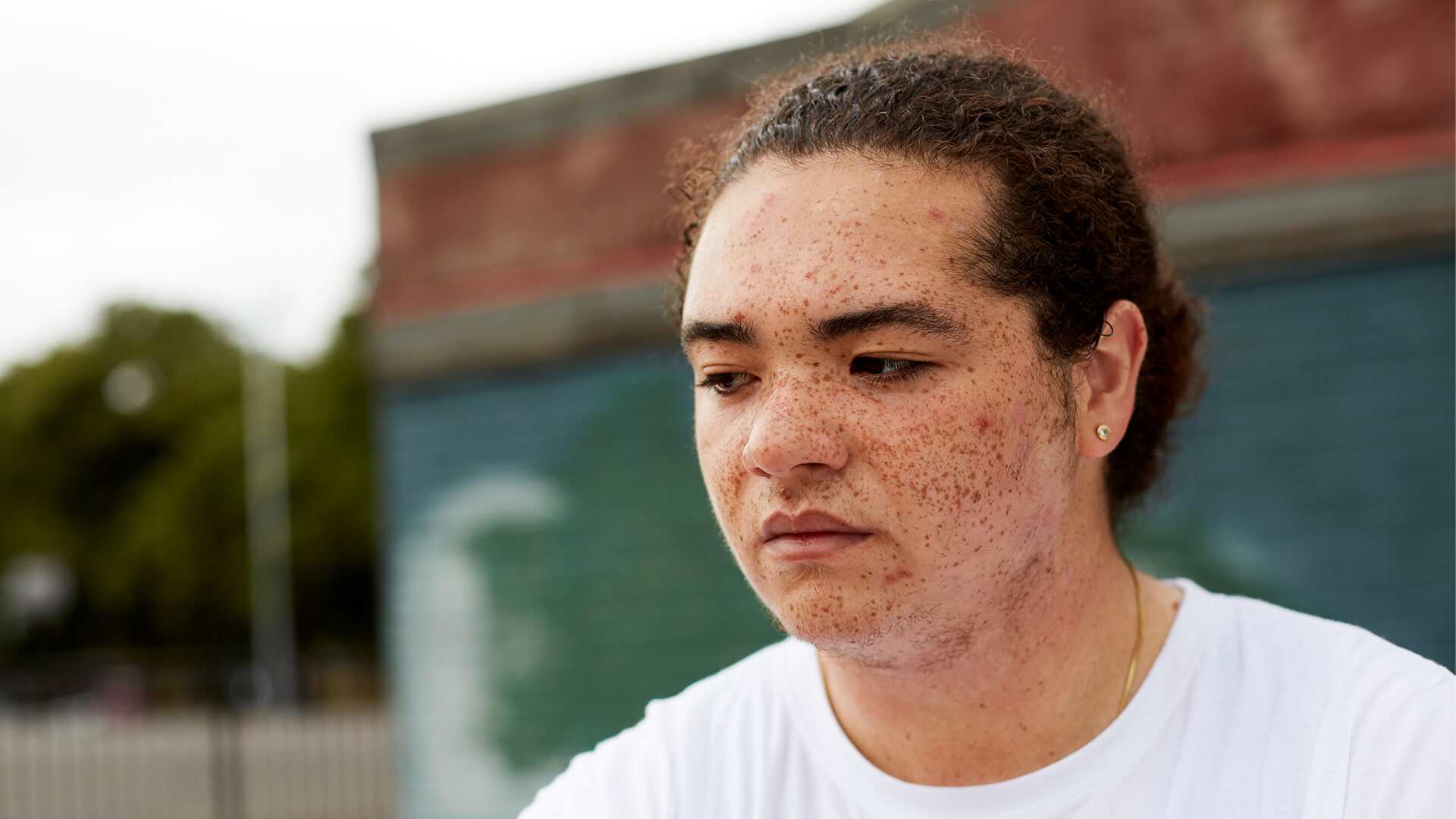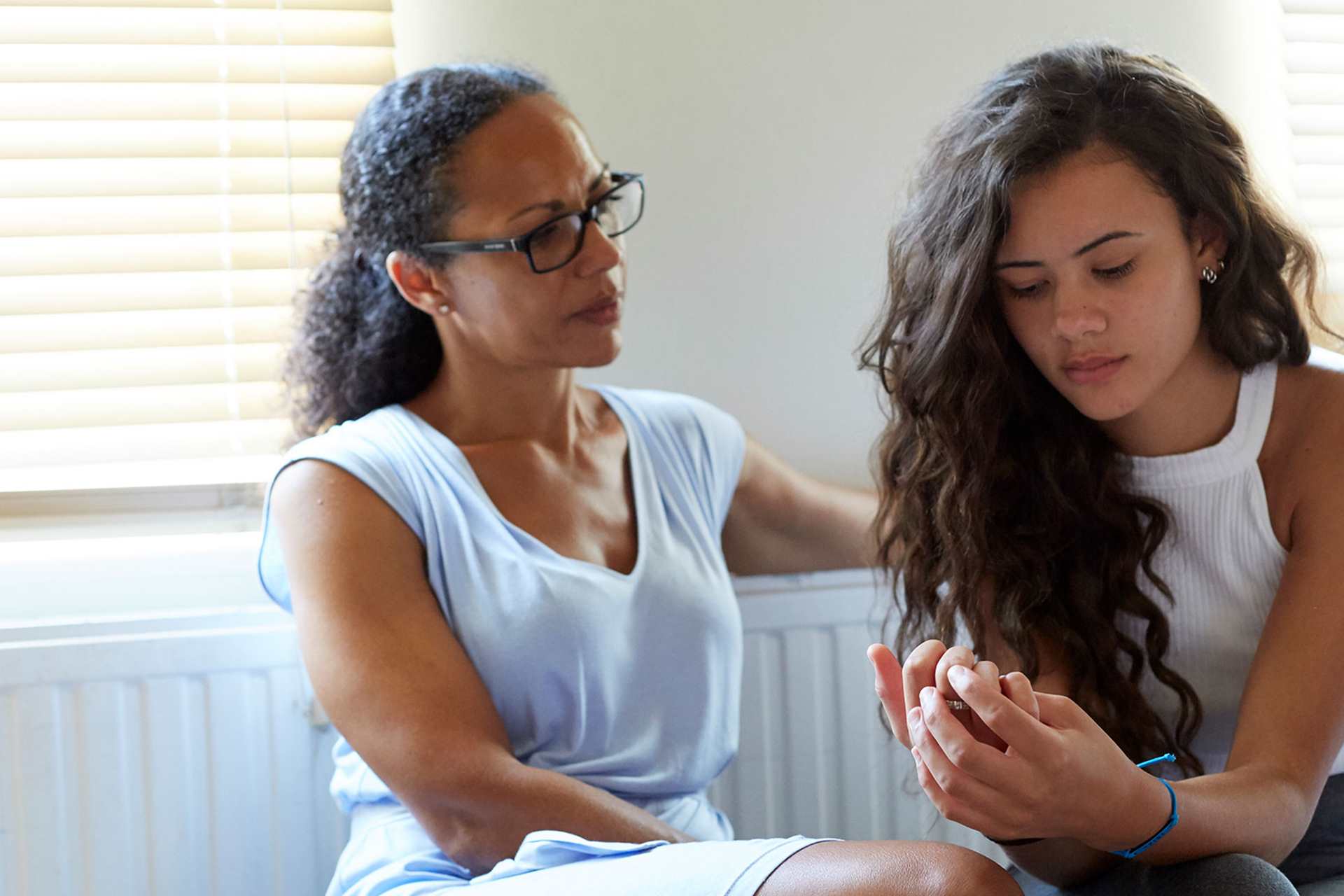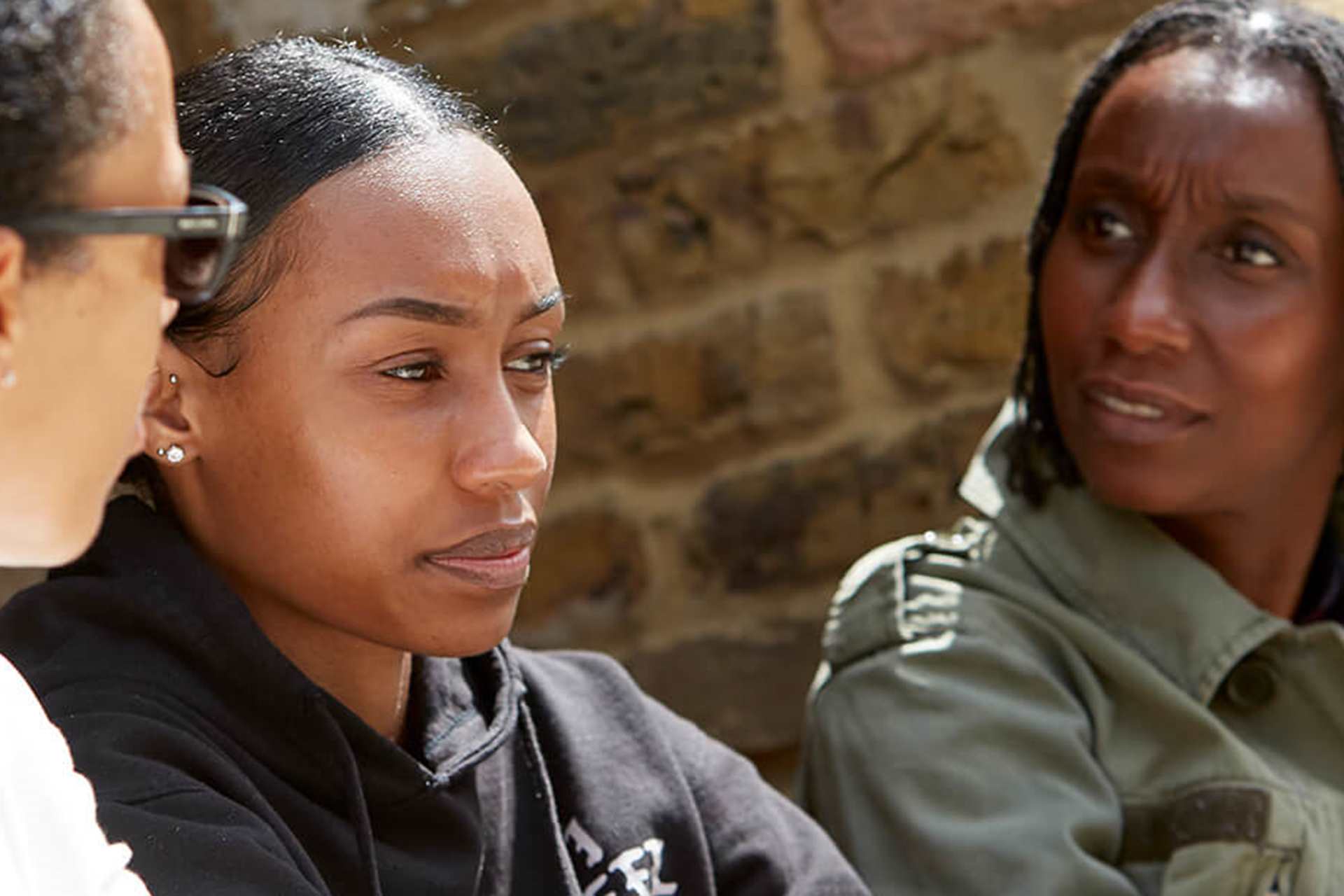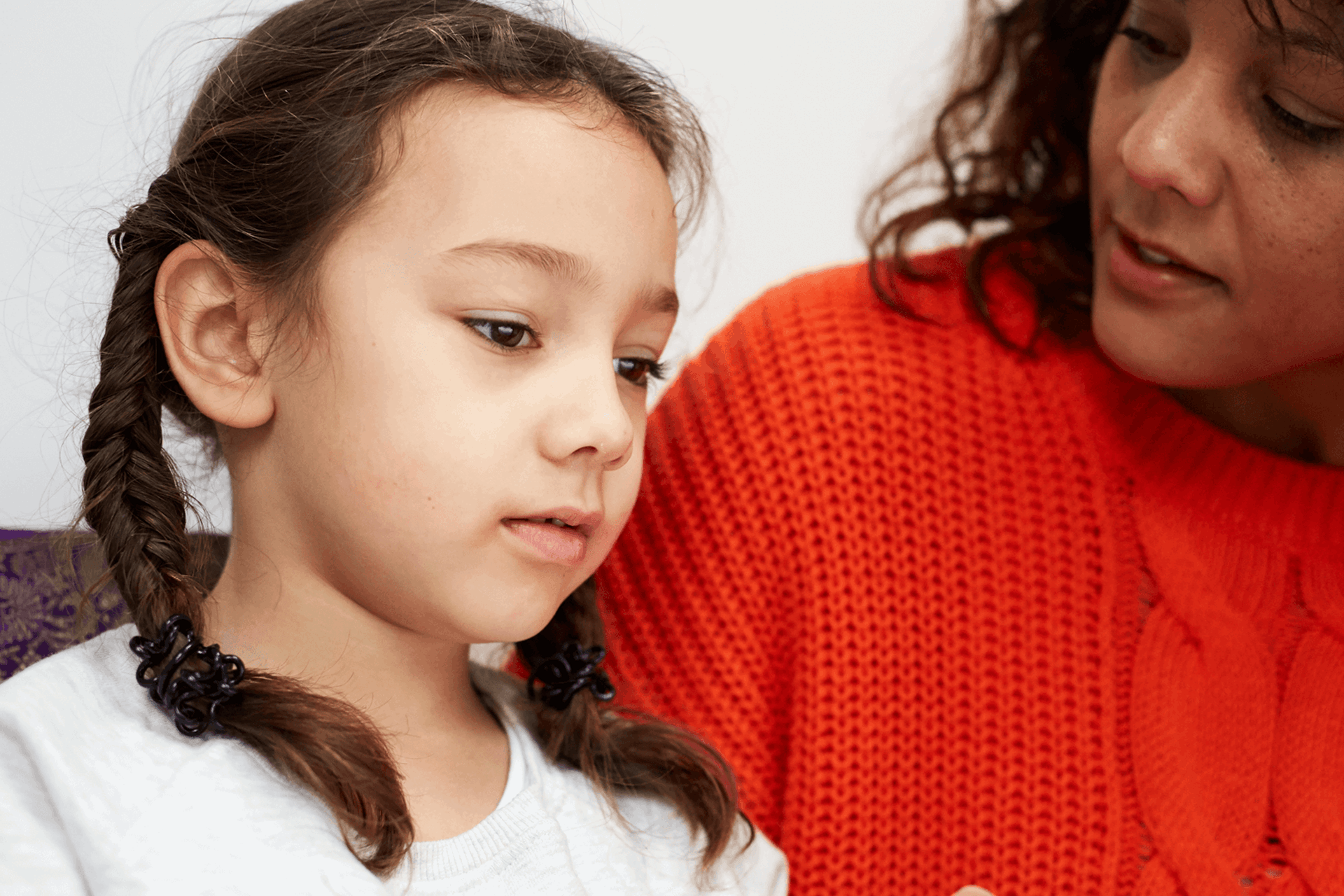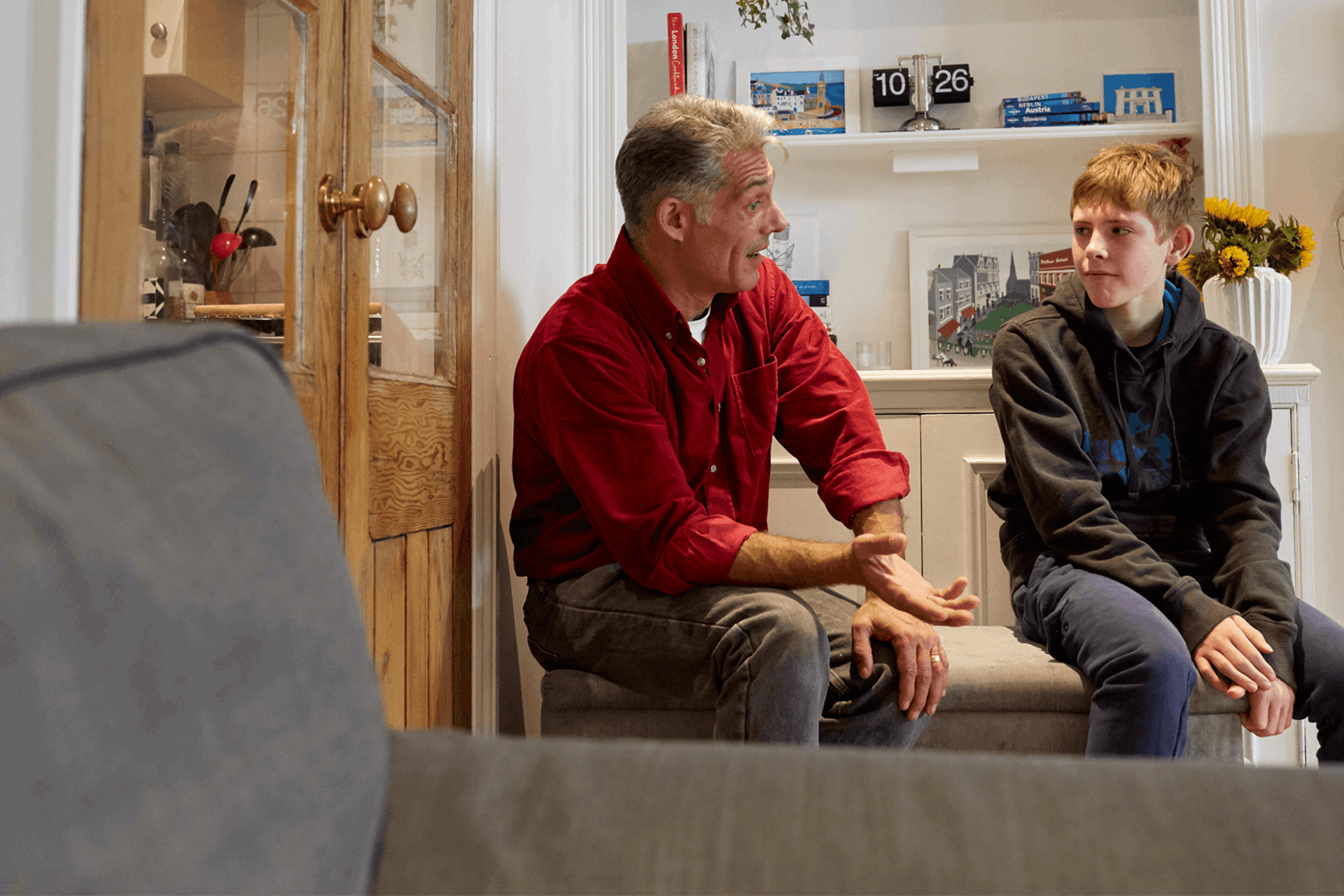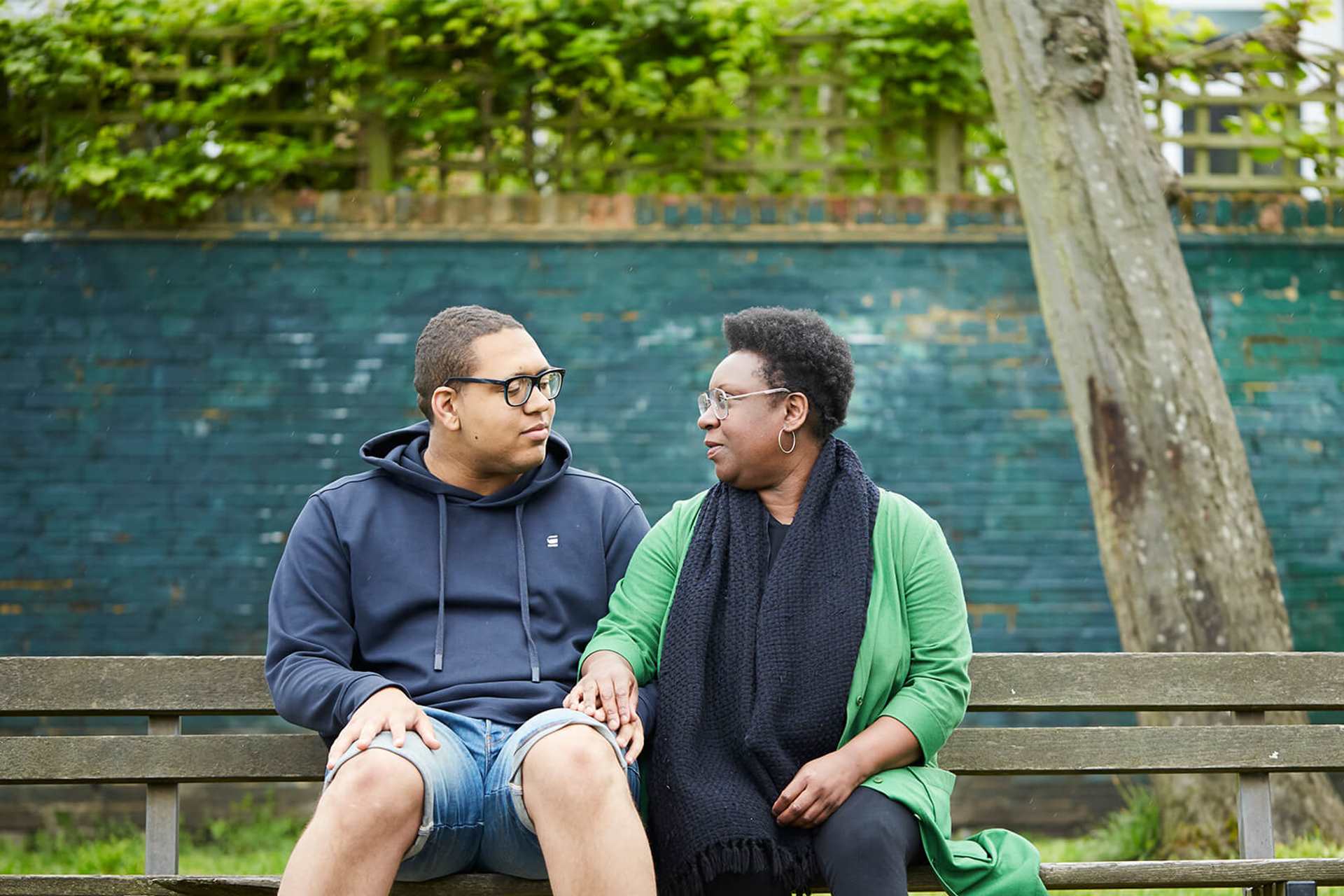Topics mentioned: transition to university, anxiety, depression
When our son Rob got into a bad state in his final year at uni, it seemed to come out of the blue. By the time we learnt how desperate he’d become, it had been brewing for quite a few months and we felt bad that we hadn’t picked up on any signs earlier.
Rob did a pretty full-on, four-year vocational degree, and most of his uni friends had graduated that year and left the city the summer before. Long, hard days of study and placements - often involving early starts, late finishes and a lot of travel - a big dissertation to complete and final exams were stressful enough, but combined with loneliness and exhaustion, it all overwhelmed him and he sank into a terrible trough of anxiety and depression.
In the middle of February, he came home for a week. We were alarmed by the look of him. He was pale, sad, hunched over and mumbling. With a bit of gentle chat about how things were going, Rob broke down and told us he hadn’t done anything at uni since Christmas. He’d spent most of his days in bed for weeks, couldn’t face his dissertation, hadn’t contacted his tutors or course mates and couldn’t see any way of getting through to the end of his course or any future at all.
In the middle of February, he came home for a week. We were alarmed by the look of him. He was pale, sad, hunched over and mumbling.
It was clear that Rob needed a lot of support to help him through this helpless, hopeless time. It was also clear that this support was going to have to come from us, his family.
He agreed to see the GP, who prescribed antidepressants. I’m still not sure if this was the right thing, because they made him feel even more awful for another three to four weeks, before the benefit of them began to take effect. But it felt like a step in the right direction.
His Dad and I suggested ‘being there’ – literally – for him, for company and as a way of structuring his day. Rob said he’d like that. Luckily we are both able to work remotely, and so we took it in shifts over several weeks to live with him in his flat. We would get up early, have breakfast together, and then sit at two tables during the daytime – us doing our work, and him doing his. Evenings passed just chatting, going out, watching films.
It was clear that Rob needed a lot of support to help him through this helpless, hopeless time. It was also clear that this support was going to have to come from us, his family.
Very quickly, this support helped Rob find a routine again in his day. The seeming impossibility of completing his course became possible again, and having us work alongside him helped him feel less alone and more focused.
Over time, Rob’s depression lifted. He finished his dissertation, got a good degree, and is now happily living and working in another city with a lot of good friends nearby.
It’s hard for parents to know how best to support an adult child when they live away, but often they need more support than they did at school. But there’s also a fine line between being supportive and interfering!
We now do more listening, looking out for signs of low mood, regular checking in and talking about feelings, not just with Rob but with his younger sister and brother too. As parents, we can’t know or be in control of what might happen to our child’s mental health. But we can try and find ways to support, listen and be there for them if they need us.
As parents, we can’t know or be in control of what might happen to our child’s mental health. But we can try and find ways to support, listen and be there for them if they need us.
Read more
Whatever you're dealing with, you are not alone. Here are some services that can support you and your child.
-
Anxiety UK
Provides information, support and advice for anyone struggling with anxiety. Please note that this organisation offers paid-for services, including therapy and an advice line.
- Opening times:
- 10.30am-4.30pm, Monday-Friday
-
Family Line
Provides information and support around family issues, as well as longer-term help through Befrienders and Counsellors.
- Opening times:
- 9am - 9pm, Monday - Friday
-
Youth Access
Provides information about local counselling and advice services for young people aged 11-25.
Put in your location and what you need help with into their 'Find help' search, and see what services are available in your area.
Spread the word
